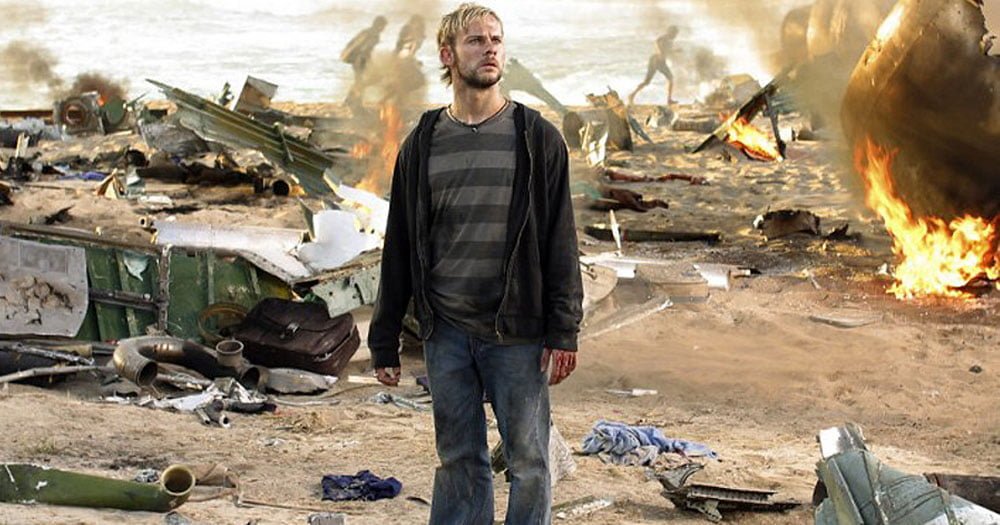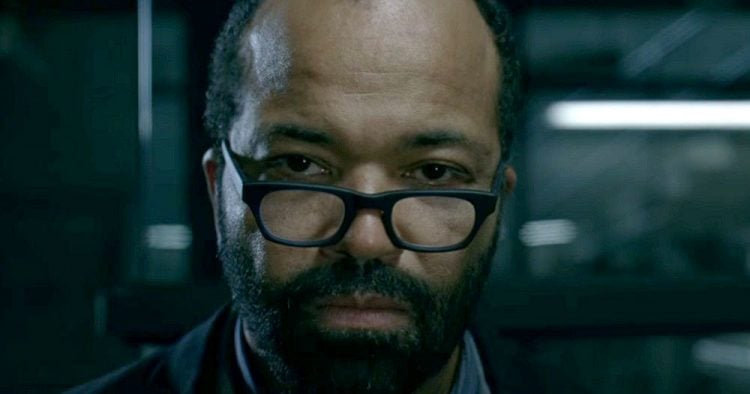This post is going to spoil ‘Westworld’ Season 2. That’s a fact, not a warning. Feel free to keep reading whether or not you are caught up. I don’t care anymore and neither should you. The Internet has broken ‘Westworld’ and the mystery of episodic television.
The opening shot was fired in 2004 with the first season of ‘Lost’. A tale about an island riddled with hidden bunkers and a monster of smoke that started discussion groups no water cooler could contain. The massive ABC audience spawned the first TV-centric podcasts able to catch fire. Fans theorized to whoever cared to listen and, man, was that show theorizable. Show creator J.J. Abrams proved his “mystery box” storytelling marketable with a mythology so rich fans felt the need to add their own in the form of aspirational fan fiction. In other words, they made-up plots to future episodes in the form of theories that may or may not come to be.
With every answer the show provided, it asked two more questions until the weight of the mystery was too much for a final season to resolve. The showrunners, Damon Lindelof and Carlton Cuse, with their own podcast breaking down the game film, provided answers beyond what they visualized on screen. Fans thought it wasn’t enough. Fans thought it was too much.

The creators of ‘Lost’ underestimated the hive mind. ‘Lost’ was a show built on twists and turns that assumed a curious, but not too clever, audience. It was a reasonable assumption. Up until this point, building a social network to analyze network TV was for the earliest of adopters. In 2004, with this show, a curious audience linked up to become the most clever audience in history, able to workshop every idea the show’s writers had, and many they did not. One of the first widespread theories? That the show’s setting was the afterlife and that the characters were dead. After six seasons of denying that was the case, the showrunners wrote an episode in which it’s clear that the show’s setting was the afterlife and that the characters were dead.
We can theorize as much about the fan/writer relationship of ‘Lost’ as we can the show itself. Did the fans guess the hidden premise of the show only to have the writers scramble to change it, however temporality, in order to maintain the illusion of being ahead of the audience? Perhaps the writers didn’t consider the afterlife twist until the fans provided it to them. However it happened, the surprise was ruined by the Internet. Not because of spoilers, but because the many are smarter than the few, even if the few are tasked with creating the show.
Which brings us to ‘Westworld’. HBO’s flagship science fiction show had an incredible first season that fittingly attracted the same fandom seen with ‘Lost’. It had amazing actors, intellectual writing, and no time to respond to its own fandom. The show’s creators, Jonathan Nolan and Lisa Joy, could not know anything of the message boards and podcasts Season 1 birthed until the season was complete. It wasn’t entangled with the reemergence of the hive mind. It was pure. I partook in said hive mind, just as I did with ‘Lost’, and as a result was unsurprised when Bernard was revealed as a host. Although not a sure thing, it made sense when every angle was considered, a task I could not complete on my own. Participating in the ‘Westworld’ fan community is not unlike the virtual simulations hosts embark on within the cradle or forge. Every permutation, every slight variation of the loop is considered.
One could argue whether or not this is a good practice. Weigh the enjoyment of participating in the hive mind versus the muted reaction to the show’s twists and you’ll have your answer. The show trying to outsmart the unoutsmartable is decidedly not good. Season 2 suggested Nolan and Joy want surprise moments so much that they settled for bad writing. Think of a twist from one of your favorite films. Part of what made it impactful was your “oh my God, I should have seen that coming!” reaction. Twists that merit such a reaction do so because they make sense. Like most twists in Season 1, the reveal that Bernard was a host worked within the context of the show and that is why that idea caught on before the reveal. Like most twists in Season 2, the reveal that Dolores inhabited Charlotte Hale’s body was bizarre and out of place.
Let’s break down the Dolores twist. The writers knew they could not drop hints of the reveal without the Internet publicizing them, so they opted for obfuscation. The plot was riddled with intermingled timelines, concepts introduced late in the series with implications for the beginning, and setups to reveals that only existed within the episode of the reveal. Season 2’s stated premise was that a game meant for William ended at a location later called the forge, yet he never even arrives (until perhaps the after credits scene). Dolores happens upon Bernard who ends up as the unplanned catalyst for her Hale-ifivation. Dolores doesn’t make the choice and Bernard’s motivation for the choice conflicts with both who he’s been and who he’s set up to become at the end of the episode.
There was no plausible reason to theorize that Hale was Dolores before the finale, yet someone thought of it. I also heard that Teddy was Bernard and Dolores was Emily (see what this show does to us?) I have to believe that twists for the sake of twists isn’t what ‘Westworld’ set out to be. Nolan and Joy can get the show back on track in Season 3 by focusing on the philosophical implications of the technology introduced and allow the story to unfold in a comprehensible manner.
There’ll still be twists to some, but not to all. That’s okay. The hive mind need not be surprised, just entertained.

